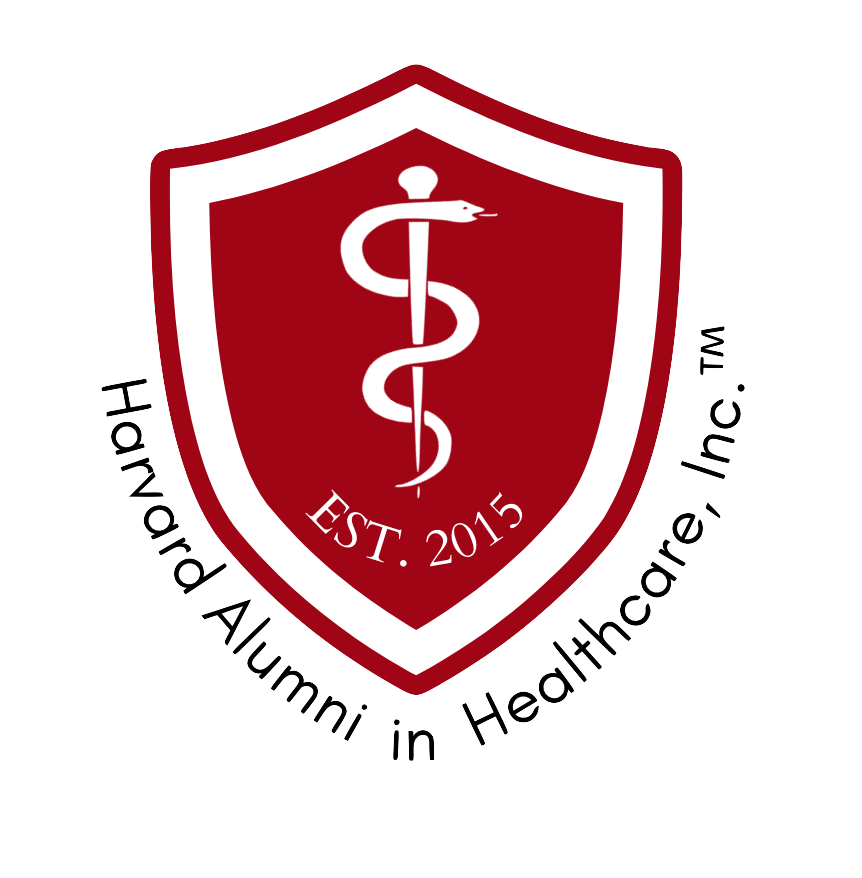André Du Sault M.P.A. '00, B.Sc.A, M.B.A.
2022 Candidate for HAA Director: André Du Sault
I am from Wendake, just North of Quebec City, a charming provincial capital. I initially trained as a forest engineer, but the 1982 crisis sawed off all graduation dreams in that Canadian field. I went on to work more than 20 years overseas. I started off working a year in the Swiss Alps as a forester, which put me in my best physical shape, ever. Upon completing an MBA at the London Business School in 1987, I joined Sandoz, a Swiss conglomerate, in Basel. I was in for a Swiss German adventure.
I worked 13 years as a head office delegate in finance and operations, from 1987 to 2000. This journey took me from Switzerland to Canada, Sweden, Brazil, Philippines, Spain and Mexico. A journey that explored two sides of a coin: pharma operations and health care policies. This period was highlighted by a transformation in the pharma industry: from bureaucratic outfits, pharma companies were becoming high performance organizations. We witnessed a wave of consolidation in the industry. I directed plenty of reorganizations, mergers and operational excellence plans in a variety of affiliates. This is of course all made easier when your company enjoys the fruits of a few drug blockbusters in the portfolio. My experience in Spain was outstanding as I experienced first hand the benefits of a truly agile organization. We literally set new operational standards in the group.
The second side of the coin was the role of observer and student of health care systems in different countries. Health care is expensive and developing countries have to make hard choices in policies: budget resources run in competition with other national priorities, how to balance infrastructures and operating expenses, getting the right mix of private and public sector resources, access to new technologies and drugs, pricing policies, etc. In general, the relationship between the pharmaceutical industry and the host countries is mutually beneficial.
On the whole the pharma industry has been successful in its public mission. There is now a host of good drugs in the market for most chronic diseases. The pharma R&D machine has produced new medicines to face emerging medical threats such as Aids, cancer and just recently Covid. Societies accept the high cost of a new medicine because the industry manages new discoveries ever year.
Upon my return to Montreal in the early 2000s, I worked in the biotechnology sector, taking interim CEO positions in young biotech firms. Unfortunately, Montreal lost out in the global play of the bio-pharmaceutical industry in the first decade of the century. Multinationals were trying to crack into emerging growth markets such as China and India. The entry price to those markets was the establishment of R&D units which forced multinational to redistribute geographically their global R&D effort. It is places like Montreal, representing small markets and displaying high research costs relative to emerging countries, that suffered the cuts of transfers. In the course of a decade, pharma operations and research dropped by 40-50% in the Montreal cluster, knocking off the emerging biotech sector.
In 2013-15 the Harvard Club of Quebec initiated a series of events on the theme ‘Envisioning Quebec in 10 years’. We addressed a range of topics, but looked particularly in the health care sector. We initiated a series of talks involving Harvard professors and local health care leaders such as the dean of the McGill medicine faculty, the Health Minister of Quebec, and others. The last health care reform in the province centralized operations in the Ministry in the name of containing costs and improving efficiency. But responsiveness in the health care system was cruelly shown to be lacking during the Covid pandemic. A new reform is now in preparation to address public health priorities, costs and accessibility, efficiency in clinics and hospitals, corporatism in the professions, etc. The stakes are high since the Health Care budget exceeds 50% of all resources in the province, somehow crowding out other critical public missions such as education, justice, culture and infrastructure. Inevitably, the digitalization of health care will rise as priority issue in the public and private sectors.
For 10 years I was VP on the executive of a senior cabinet minister in the Jean Chretien Liberal government. This involved policy work, fund raising and campaigning. The Canadian health care system is a strong component of the Canadian identity. I then left the field of politics in 2012 to co-found the Harvard Club of Quebec and act as the first president for 3 years. The Club was an HAA awardee in 2016. I then became the HAA regional director for Canada until 2021. As an Elected Director, I would work hard to raise the voices of leadership found across our international alumni spectrum. Exponential forces are now combining to create complex problems for the next decade in the fields of health care, the environment, the digital economy, geopolitics, public policies and choices, etc. Harvard stands in a unique position to cross field expertise in government policies, business strategies, social studies and philosophy to promote innovative work and solutions. Communities at all levels will be tested in this decade and will find resilience only if they promote a strong sense of purpose and community values, including diversity and inclusiveness.
As a Canadian, I enjoy the outdoors and fly fishing, and native art craft. Today I practice consulting and help organizations to scale up and solve organizational problems. I am also an instructor in strategy and innovation at the Master level at McGill and ETS universities. I try to influence the mindsets of students to take an active stance in their career, to find meaningful insights to make their pearl shine and make an impact in their organization, and develop strategic thinking skills to sharpen judgment and leadership.
André Du Sault
M.P.A. ’00
B.Sc.A. ’82, Université Laval; M.B.A. ’87, London Business School
Montreal, Québec, Canada


